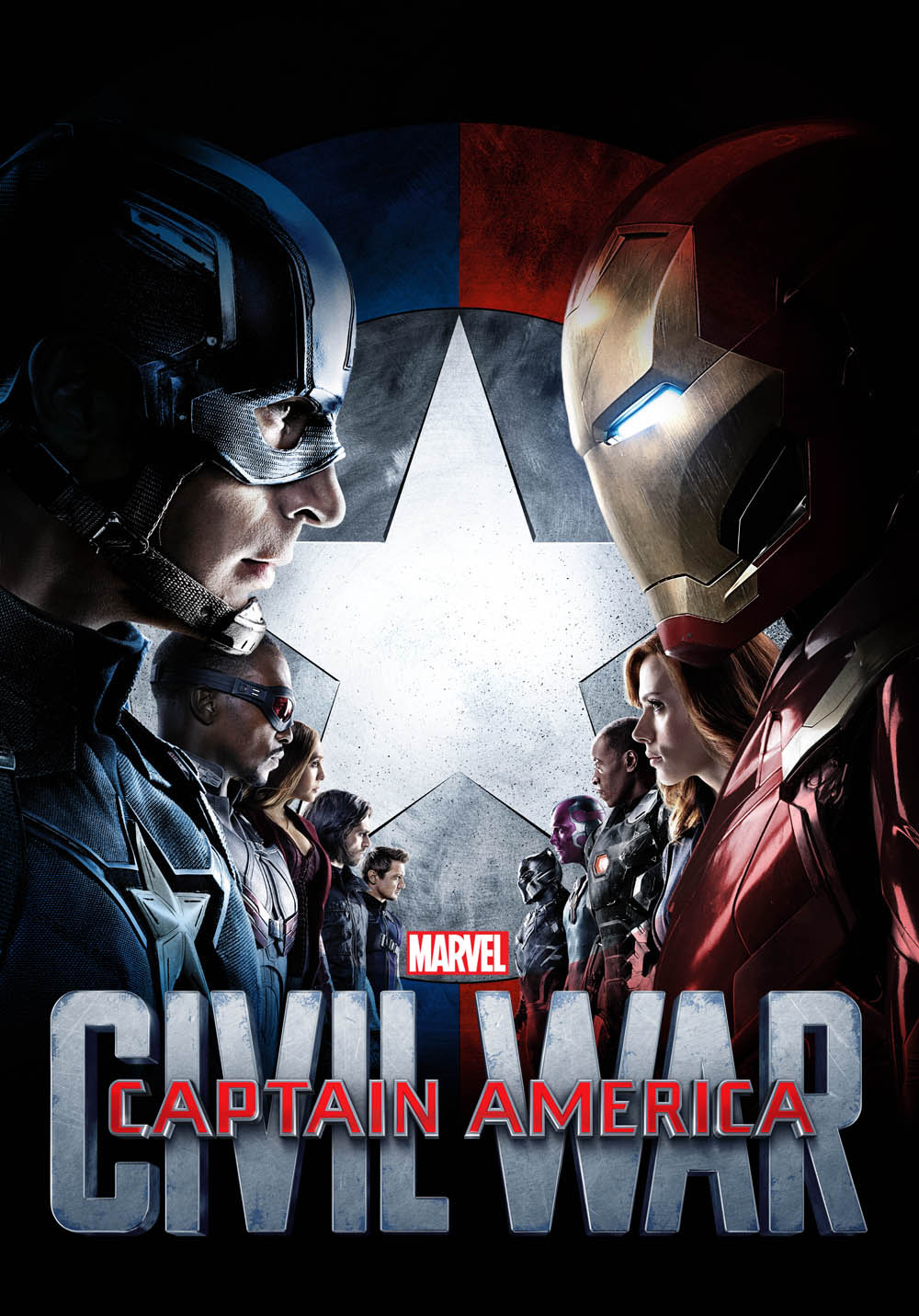If there is a reason why one person who got Donald Trump right out of all the pundits was correct, it's probably because he's not a political pundit but an economic one: The Kroog.
Finally, I can almost guarantee that we’ll see attempts to sanitize the positions and motives of Trump supporters, to downplay the racism that is at the heart of the movement and pretend that what voters really care about are the priorities of D.C. insiders — a process I think of as “centrification.”
That is, after all, what happened after the rise of the Tea Party. I’ve seen claims that Tea Partiers were motivated by Wall Street bailouts, or even that the movement was largely about fiscal responsibility, driven by voters upset about budget deficits.
In fact, there was never a hint that any of these things mattered; if you followed the actual progress of the movement, it was always about white voters angry at the thought that their taxes might be used to help Those People, whether via mortgage relief for distressed minority homeowners or health care for low-income families.
Now I’m seeing suggestions that Trumpism is driven by concerns about political gridlock. No, it isn’t. It isn’t even mainly about “economic anxiety.”
Trump support in the primaries was strongly correlated with racial resentment: We’re looking at a movement of white men angry that they no longer dominate American society the way they used to. And to pretend otherwise is to give both the movement and the man who leads it a free pass.
In the end, bad reporting probably won’t change the election’s outcome, because the truth is that those angry white men are right about their declining role. America is increasingly becoming a racially diverse, socially tolerant society, not at all like the Republican base, let alone the plurality of that base that chose Donald Trump.
Still, the public has a right to be properly informed. The news media should do all it can to resist false equivalence and centrification, and report what’s really going on.
This is exactly correct. It has always been about race in the Age of Obama. Angry white men anting to make sure everyone else gets punished, and using every threat imaginable to discourage the rest of us.
Paul Krugman, to his credit, had Trump pegged months ago.




